Can Dogs Eat Provolone Cheese? Science experiment
Regarding the foods our furry friends can and can’t eat, it’s normal to be curious. A frequently asked question revolves around the safety of dogs consuming provolone cheese. Can Dogs Eat Provolone Cheese? In this science project, we want to know how provolone cheese affects dogs and whether it is a good food.
Many people like provolone cheese because of its unique taste and smooth texture. But a dog’s digestive system is different from ours. It’s important to consider that what’s beneficial for us may not be suitable for our dogs. Before introducing any new food to your furry friend, it’s crucial to evaluate the potential risks and benefits involved.
Can Dogs Eat Provolone Cheese? Step-by-Step Guide
We are going to discuss in detail a complete step-by-step guide. After reading this article, you will know all about feeding provolone cheese to dogs.
What is Provolone Cheese?
Provolone cheese is an Italian cheese halfway between soft and hard. It comes from southern Italy. This pasta is in the same family as feta cheese. This means that when it is made, it is spread and kneaded. Provolone cheese is smooth and pale yellow to white.
Provolone cheese is usually made from cow’s milk. But there may also be versions made from sheep’s milk or a mixture. It has a mild, slightly sour taste that becomes stronger with age. Provolone cheese is often used as a table cheese. But it can also be used to make sandwiches, pasta recipes, and pizza toppings, among other things.

Can Dogs Eat Provolone Cheese?
Dogs can eat small amounts of provolone cheese without getting sick. It would help if you did not make it a regular diet. Provolone cheese is very high in fat. Due to this, dogs have difficulty in their stomachs. Some dogs may be unable to handle lactose or be allergic to dairy. Which can cause stomach problems or other problems.
If you want to treat your dog to cheese. So it is better to choose something that is made just for them. Like dog-friendly cheese products you can buy at pet stores. Most of these options are low in fat and do not contain lactose, which makes them a better choice for occasional treatments.
Here’s a table summarizing whether dogs can eat Provolone cheese:
| Can Dogs Eat Provolone Cheese? | Summary |
|---|---|
| Yes | In small amounts, but not recommended as a regular part of their diet. High in fat and may be difficult to digest. Some dogs may have lactose intolerance or dairy allergies. |
| No | Not suitable for dogs with lactose intolerance or dairy allergies. Excessive consumption may lead to gastrointestinal upset or other adverse reactions. |
How Much Provolone Cheese Can a Dog Eat?
Dogs should not eat too much provolone cheese. Dogs can eat small amounts of provolone cheese without getting sick. It would help if you did not make it a regular part of their diet. Suppose you give your dog provolone cheese as a treat once in a while. So it would be best if you gave it in very small amounts. The exact amount will depend on your dog’s size, age, and health. Generally, it’s best to keep the piece thumbnail-sized or smaller.
Provolone cheese is high in fat and can be difficult for dogs to swallow when you drink too much. So the dog can gain weight. There may be stomach problems. Or there may be other health problems. Certain dogs may have lactose intolerance or experience milk-related issues, which can pose difficulties when consuming Provolone cheese.
Here’s a table providing guidance on the recommended amount of Provolone cheese that a dog can eat:
| Dog Size | Recommended Amount of Provolone Cheese |
|---|---|
| Small (up to 20 lbs) | Limit to a small, thumbnail-sized piece or less. |
| Medium (21-50 lbs) | Limit to a small, thumbnail-sized piece or less. |
| Large (51-90 lbs) | Limit to a small, thumbnail-sized piece or less. |
| Extra-Large (over 90 lbs) | Limit to a small, thumbnail-sized piece or less. |
How to Make Provolone Cheese for Dogs?
Provolone is a unique cheese that can only be made with specific products and a complex process. It may not be possible or smart to make homemade provolone cheese just for dogs. But if you want to make cheesy food for your dog at home, there are easy and safe ways.
Here’s a table with alternative cheese treat ideas for dogs:
| Cheese Treat for Dogs | Ingredients | Instructions |
|---|---|---|
| Cottage Cheese Treats | Cottage cheese, pumpkin puree | 1. Mix equal parts of cottage cheese and pumpkin puree. |
| Plain, unsweetened yoghurt | ||
| 3. Freeze until firm and serve as treats. | ||
| Yogurt Drops | Plain, unsweetened yogurt | 1. Drop small spoonfuls of yogurt onto a baking sheet. |
| 2. Freeze until solid, then transfer to a container. | ||
| 3. Serve frozen or thawed as a refreshing treat. | ||
| Sweet Potato Cheese Bites | Sweet potato, cheese (dog-friendly variety) | 1. Cook and mash sweet potato. |
| 2. Mix in grated dog-friendly cheese. | ||
| 3. Form into small bite-sized balls or shapes. | ||
| 4. Bake in the oven until firm and golden. |
What Type of Cheese Should be Avoided at All?
There are a few types of cheese that you probably shouldn’t give your dog:
Blue cheese:
Some types of blue cheese, such as Roquefort or Gorgonzola, contain a chemical called Roquefortine C, which can harm dogs.
Feta Cheese:
Feta cheese is usually high in salt, which is terrible for dogs and can cause problems like dehydration or electrolyte imbalance if they overeat it.
Processed Cheese:
Many processed cheese items contain fillers, artificial flavors, and preservatives that are not good for dogs’ health. They may also have too much salt or other ingredients that their bodies may be unable to handle.
Cheese with additives:
Some cheeses may contain garlic, onions, or certain herbs. Garlic, onions, and some herbs are poisonous to dogs and should be avoided.
Loose or spoiled cheese:
Never give your dog open or spoiled cheese. Loose cheese can cause stomach problems and toxic effects if consumed.
High-fat or high-fat cheeses:
Cheeses that are high in fat or fat, such as some soft cheeses or those that are too thick, can make dogs sick to their stomachs, give them pancreatitis, Or they can increase their weight.
Related: Can Dogs Eat Gyro Meat
Can Dogs be Allergic to Provolone Cheese?
Yes, provolone cheese can cause allergies in dogs. Dogs with allergies can have many symptoms, such as rashes, skin rashes, hives, stomach problems (belching or diarrhea), difficulty breathing, or more serious allergic reactions.
Provolone cheese is made from milk. Which is something that many dogs are allergic to. Dogs can have an allergic reaction to the proteins in cheese, especially milk proteins like casein or whey. Lactose intolerance, when a dog cannot handle lactose, a sugar found in milk, is another common problem. If a dog is lactose intolerant, eating provolone cheese or any other dairy product can cause stomach cramps and other symptoms.

Benefits and Risks of Provolone Cheese for Dogs?
Benefits:
Taste and fun:
Provolone cheese can be a tasty and fun dog treat. Which makes it a good choice for training or as a reward now and then.
Nutritional value:
Provolone cheese contains important nutrients like protein, calcium, and phosphorus that can help a dog’s overall diet.
Risks:
High-fat content:
Provolone cheese contains a lot of fat. This can cause the dog to gain weight and cause stomach problems if you overfeed it. Pancreatitis or other diseases
Digestive problems:
If a dog cannot digest lactose or is allergic to dairy. So he may have diarrhea or throw up after eating provolone cheese.
Sodium content:
Provolone cheese can be high in sodium. Especially some types. Too much salt in a dog’s diet can cause problems like dehydration and high blood pressure, which harm his health.
Possible Allergic Reactions:
The milk protein or lactose in provolone cheese can cause reactions in dogs. Allergic reactions may have a range of severity. And they can cause problems with the skin, stomach, or lungs.
Conclusion: Can Dogs Eat Provolone Cheese? Science experiment
Dogs can occasionally enjoy a small amount of provolone cheese as a treat.
Provolone cheese is good for dogs because it tastes and makes them happy. It is also good for them as it contains important nutrients like protein, calcium, and phosphorus. Provolone cheese comes with some risks. It includes a lot of fat. This can lead to weight gain and stomach problems. Provolone cheese should be avoided or given in small amounts to dogs that have pancreatitis or need a low-fat diet. Lactose-intolerant or dairy-allergic dogs may also experience stomach problems from eating provolone cheese. Also, some types of provolone cheese can be high in sodium, and the milk protein or lactose in the cheese can cause allergic reactions in dogs.
FAQ’s
Yes, dogs can be allergic to Provolone cheese, particularly to the milk proteins or lactose present in the cheese. Allergic reactions can range from mild to severe and may include symptoms such as itching, skin rashes, gastrointestinal upset, or respiratory issues.
There are several dog-friendly alternatives to Provolone cheese, including cottage cheese, plain yogurt, or dog-specific cheeses available in pet stores. These options are typically lower in fat and lactose, making them more suitable for dogs.
It is recommended to give dogs only small amounts of Provolone cheese as an occasional treat. The exact amount will depend on factors such as the dog’s size, age, and overall health. As a general guideline, limit the portion to a small, thumbnail-sized piece or less.
Yes, it is always advisable to consult with your veterinarian before introducing any new food item to your dog’s diet. They can provide personalized guidance based on your dog’s specific nutritional needs, health conditions, and any potential allergies or intolerances.

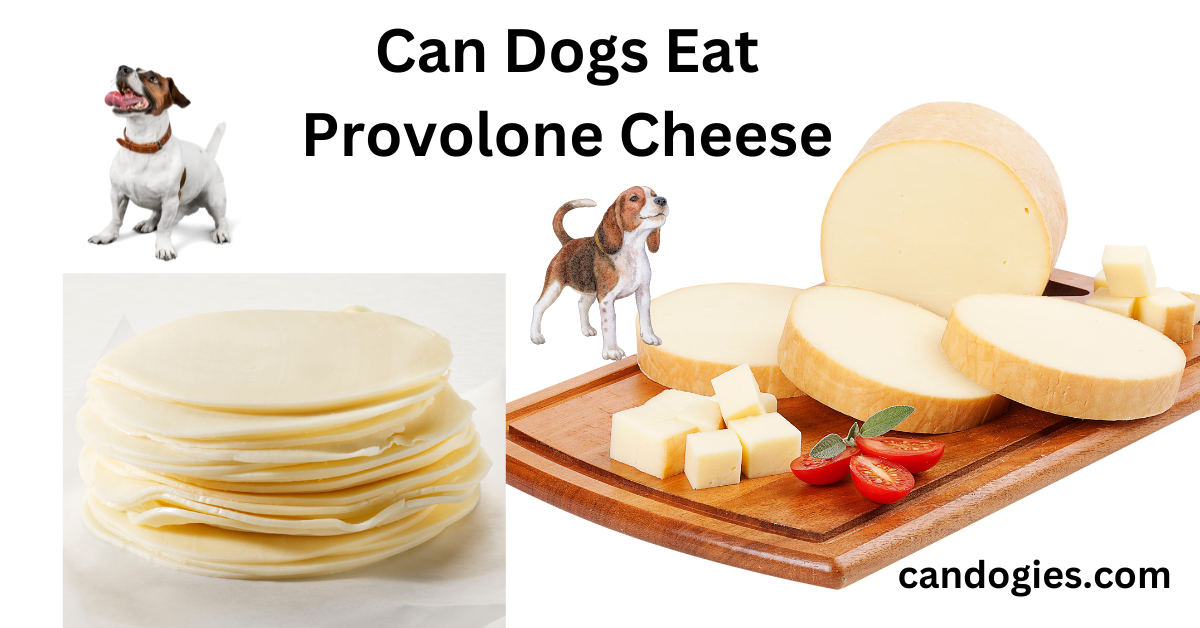
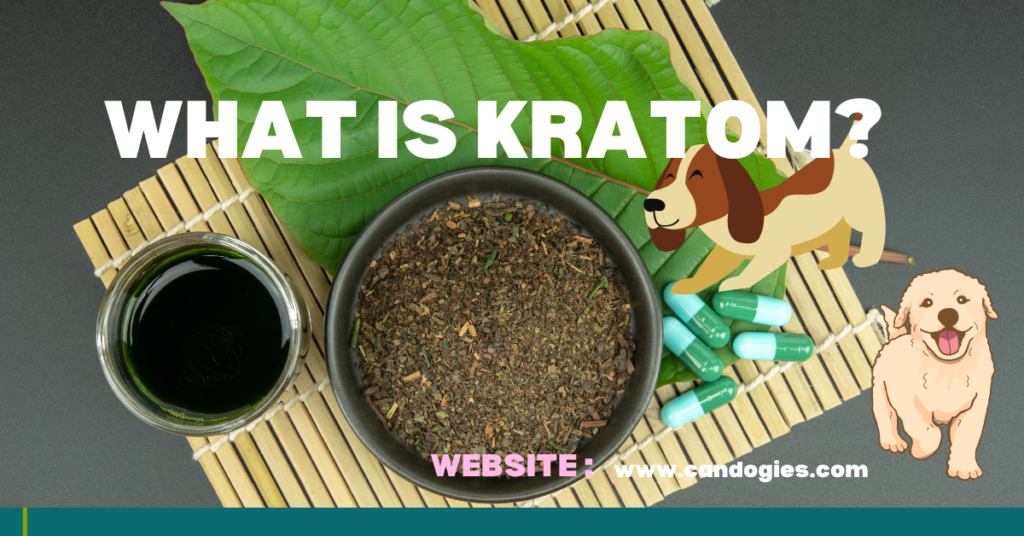
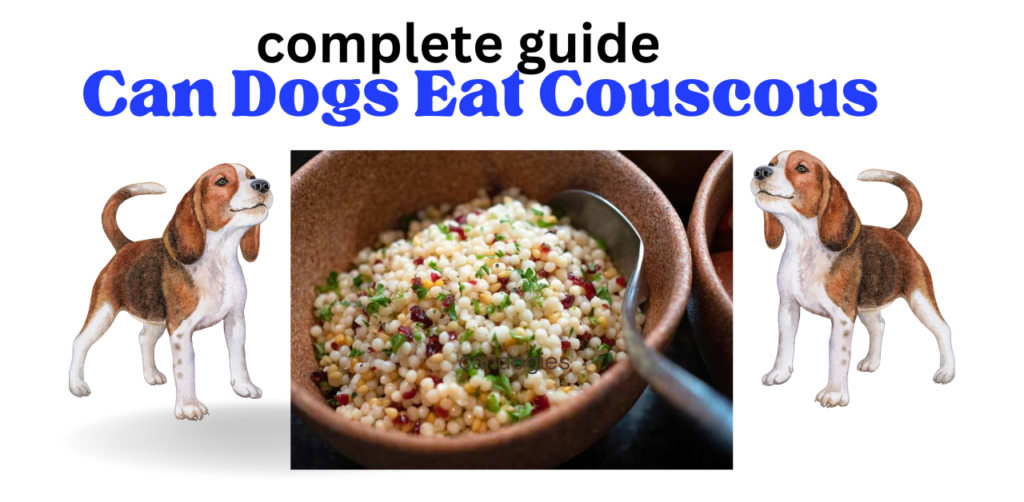
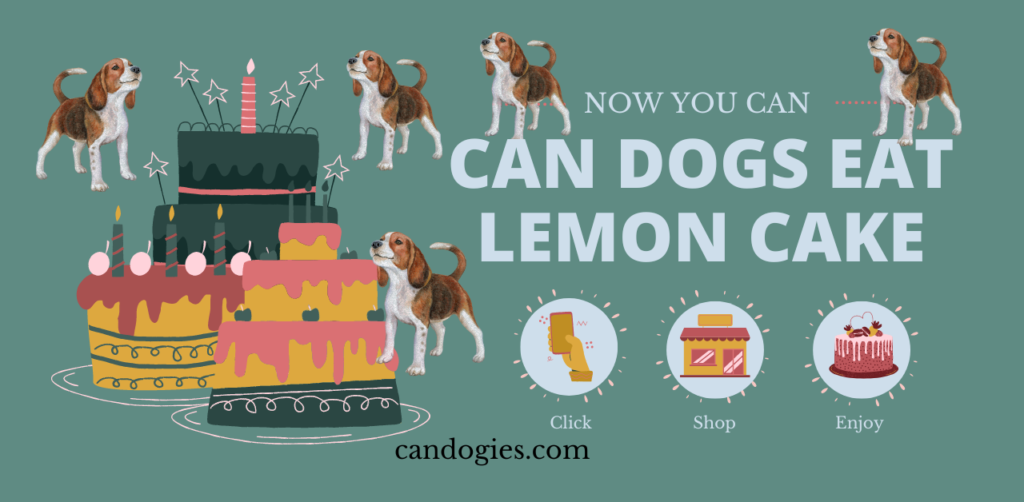
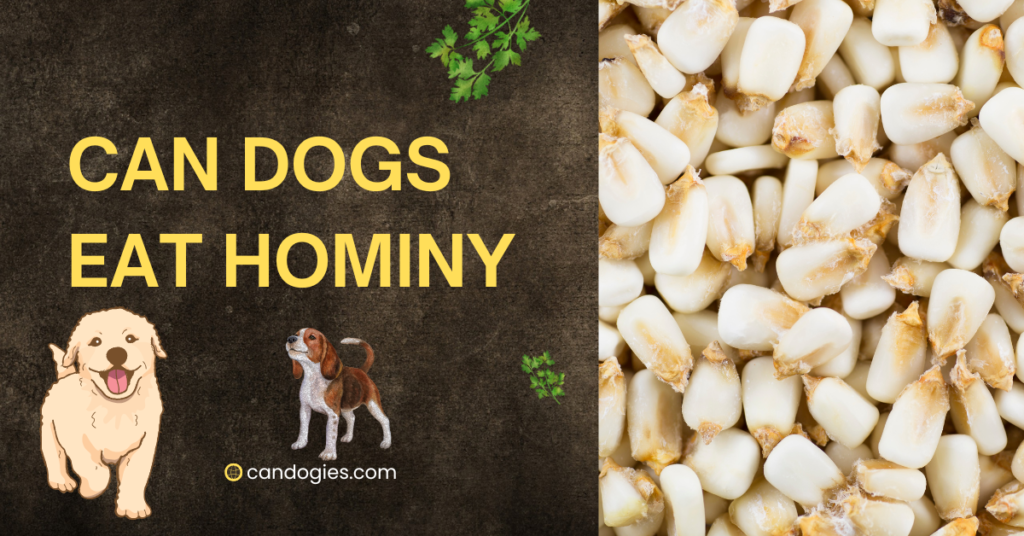
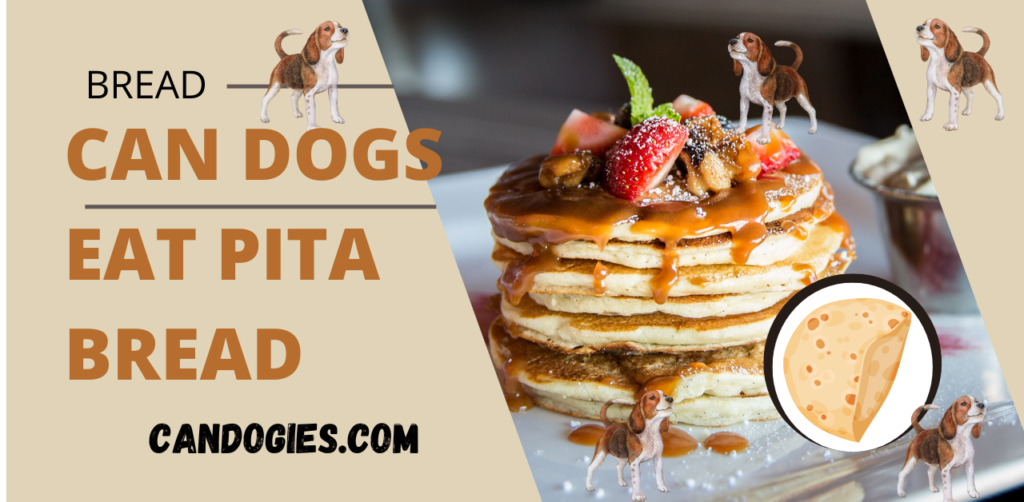

One Comment